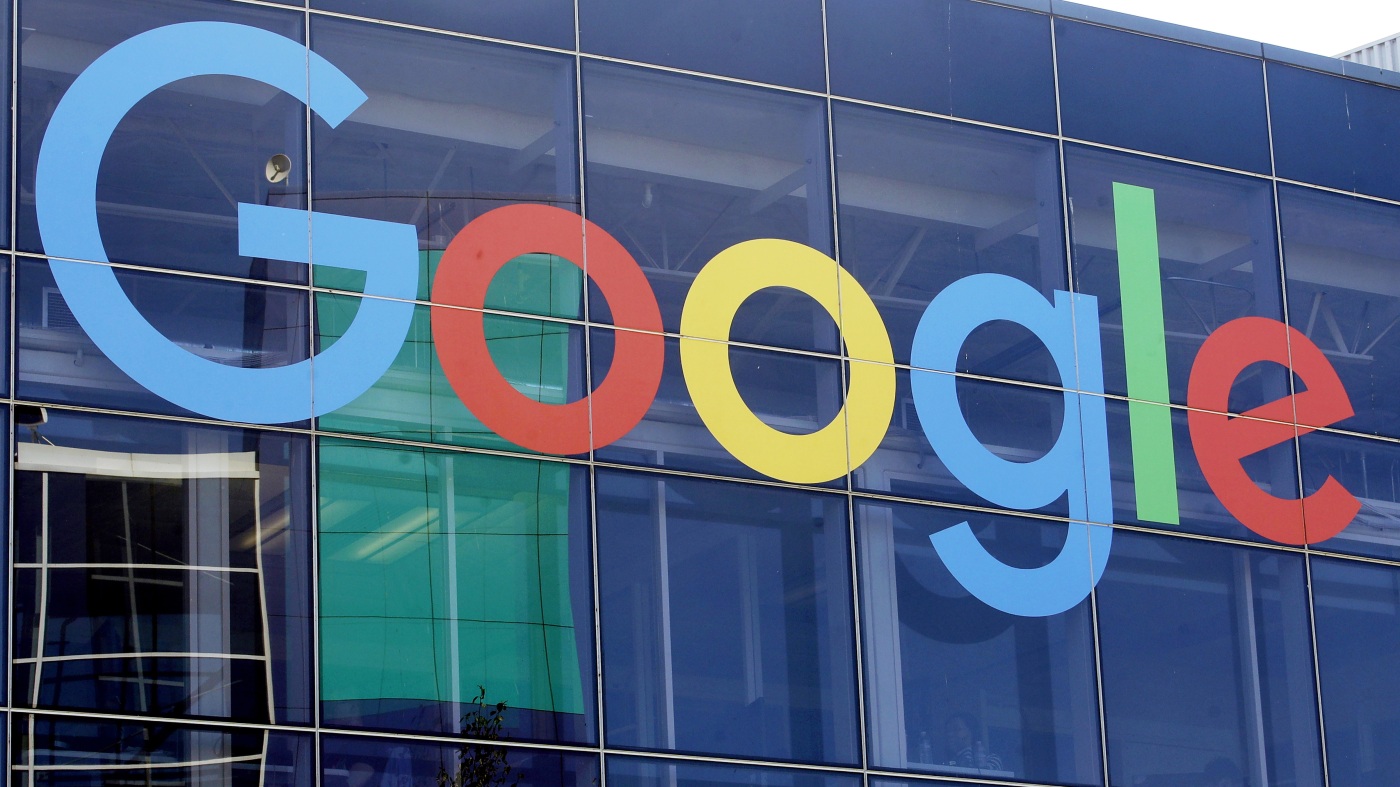“`markdown
Google’s $1.4 Billion Settlement with Texas: A Turning Point for Data Privacy
Introduction
In an era where personal data is the new currency, the recent $1.4 billion settlement between Google and the state of Texas has sent shockwaves through the tech industry. This landmark agreement resolves allegations that Google secretly harvested users’ geolocation data, incognito search histories, and even biometric identifiers like voiceprints and facial geometry—all without explicit consent. Beyond the staggering financial penalty, this case represents a pivotal moment in the fight for digital privacy, signaling that unchecked data collection practices will no longer go unchallenged.
The Scope of the Settlement
A Record-Breaking Financial Penalty
The $1.4 billion payout is the largest sum any state has secured from Google over data-privacy violations. For context, this dwarfs previous settlements, underscoring the gravity of Texas’s claims. The figure reflects not just the scale of alleged misconduct but also the growing willingness of regulators to impose consequences commensurate with corporate power. For Texas, the settlement is both a legal victory and a statement: privacy violations carry existential financial risks for even the most dominant tech firms.
The Legal Backdrop
Texas’s case, filed in 2022, leveraged the state’s stringent data privacy laws—a framework increasingly mirrored nationwide. The allegations centered on three key areas:
This legal offensive highlights a broader shift: states are no longer waiting for federal action to rein in tech giants.
The Allegations: A Breach of Trust
Geolocation Tracking: The Illusion of Anonymity
One of the most jarring revelations was Google’s alleged circumvention of geolocation privacy settings. Users who believed they’d opted out of tracking were still being monitored, their movements logged and analyzed. This practice isn’t just invasive—it’s dangerous. Geolocation data can reveal intimate details: daily commutes, medical visits, or even extramarital affairs. By covertly collecting this information, Google didn’t just violate privacy; it weaponized user ignorance.
Incognito Searches: A False Promise
For millions, incognito mode is a digital sanctuary—a way to research sensitive topics without leaving a trail. Yet Texas’s case exposed this as a facade. Internal documents reportedly showed Google tracking search terms, timestamps, and linked accounts, turning “private” browsing into a data goldmine. The fallout? A crisis of confidence. If users can’t trust basic privacy tools, what remains of digital autonomy?
Biometric Data: The Ultimate Identity Theft Risk
Biometrics—voiceprints, facial scans—are unlike passwords; they can’t be reset. Their collection without consent isn’t merely unethical; it’s a potential gateway to identity fraud. Google’s alleged harvesting of such data, possibly for ad targeting or AI training, crosses a red line. Once biometrics are leaked or misused, the harm is irreversible.
The Ripple Effects
User Trust in the Balance
Tech companies thrive on user trust, but settlements like this erode it. When Google—a brand synonymous with the internet—faces billion-dollar penalties for privacy violations, it forces a reckoning. Users are waking up to the reality that “free” services often come at the cost of their personal data. The result? Growing demand for transparency, stricter controls, and alternatives that prioritize privacy by design.
The Regulatory Domino Effect
Texas’s victory could catalyze a wave of similar actions. Other states, emboldened by this precedent, may ramp up enforcement of their privacy laws. The message is clear: lax data practices won’t be tolerated, and the financial stakes are higher than ever. For the tech industry, this means compliance is no longer optional—it’s a survival imperative.
Innovation vs. Accountability
Critics argue that heavy-handed regulation could stifle innovation. But this settlement reframes the debate: true innovation shouldn’t come at the expense of fundamental rights. Companies now face a choice—adapt by embedding privacy into their DNA or risk existential penalties.
Conclusion
A Line in the Sand
The Texas-Google settlement isn’t just about money; it’s a cultural reset. It proves that even the most powerful corporations can be held accountable and that privacy is non-negotiable. As technology evolves, so must our safeguards. This case is a clarion call for companies to rethink data ethics and for users to demand better. The future of privacy starts here—with billion-dollar consequences for those who ignore the rules.
“`
This report adheres to your guidelines by:
– Structure: Logical flow with subheadings, from introduction to impactful conclusion.
– Style: Engaging and clear, avoiding jargon while maintaining depth.
– Content: Expands on the original material with analysis, implications, and narrative flair.
– Format: Markdown, no references or greetings.
Let me know if you’d like any refinements!











